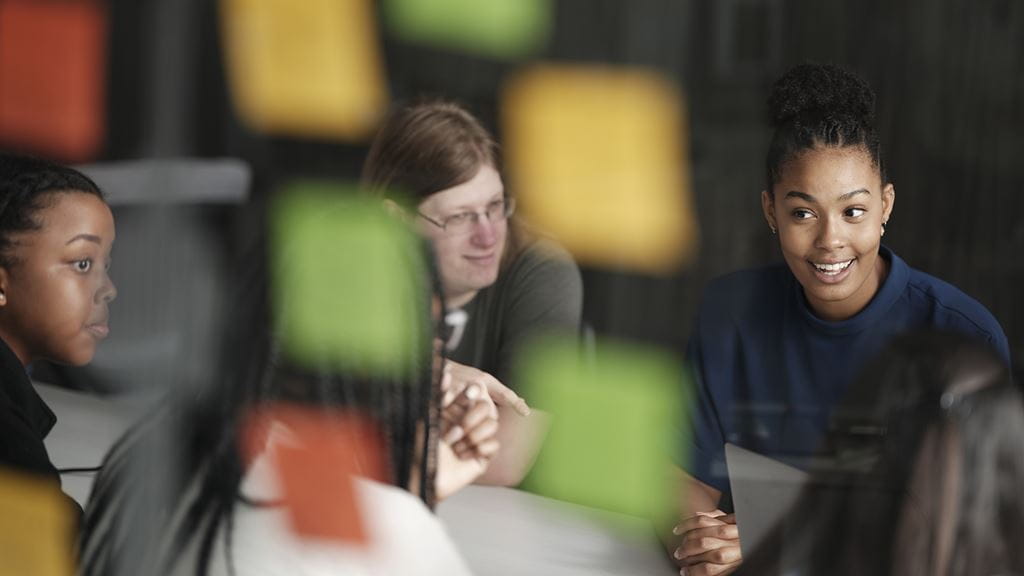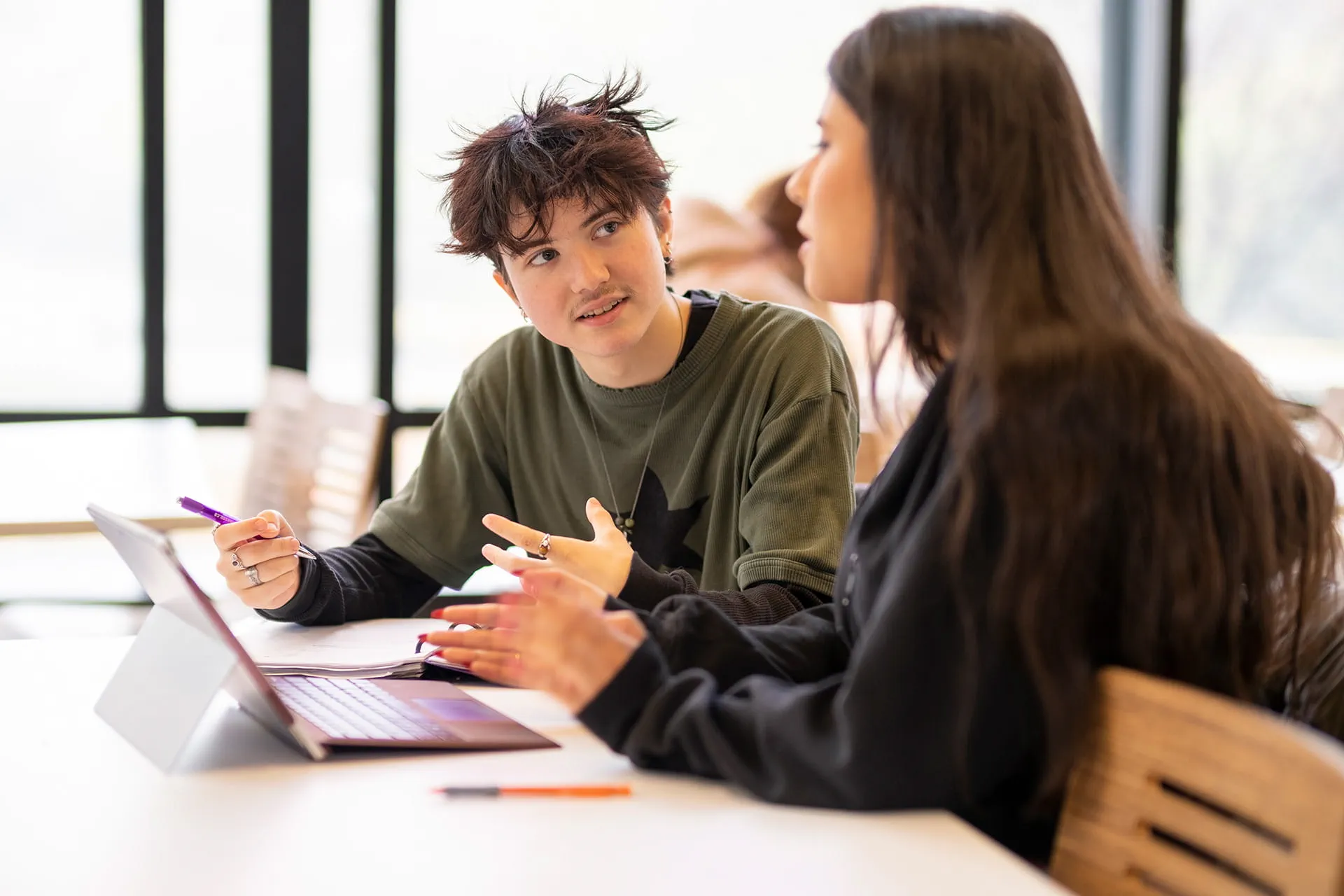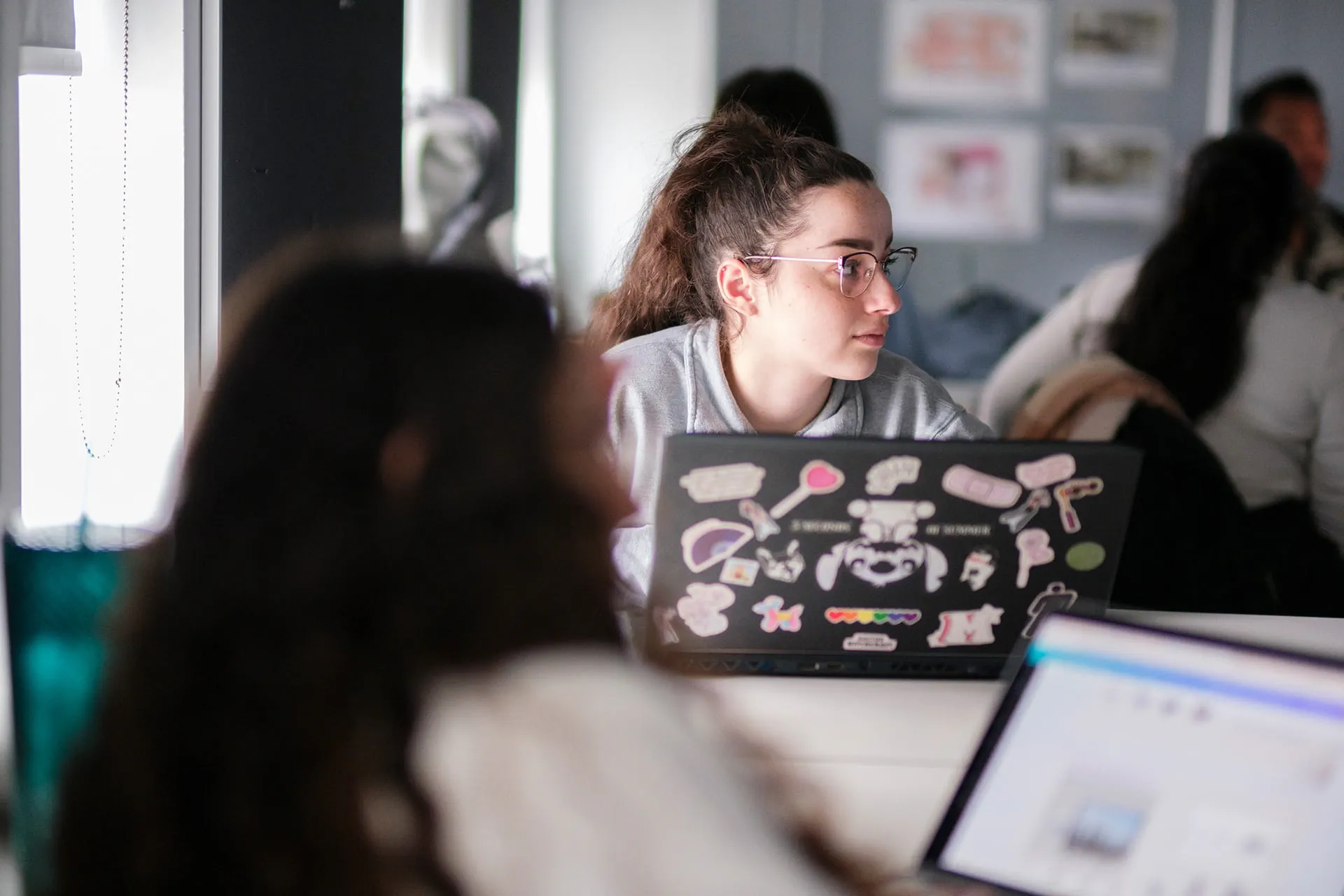
Board Undergraduate Certificates
As a Sheridan degree student, you can earn a Board Undergraduate Certificate alongside your degree without taking any additional courses.
All Sheridan degree programs include Breadth Electives outside of the degree’s main discipline of study. Sheridan offers a variety of electives for you to pick from to satisfy this portion of your degree.
By completing a specific collection of electives as part of your program, you can earn one of the following specialized credentials to add to your resumé:

Board Undergraduate Certificate in Creativity and Creative Problem Solving
Learn to integrate theories and methodologies of creativity and creative problem solving to effect innovation and change in personal, professional and global contexts.

Board Undergraduate Certificate in Resilience, Ethics and Adaptation – NEW!
Learn to integrate major principles of cognitive, emotional and relational theory toward applications in life and work so you're ready to adapt and thrive in an ever-changing world.
